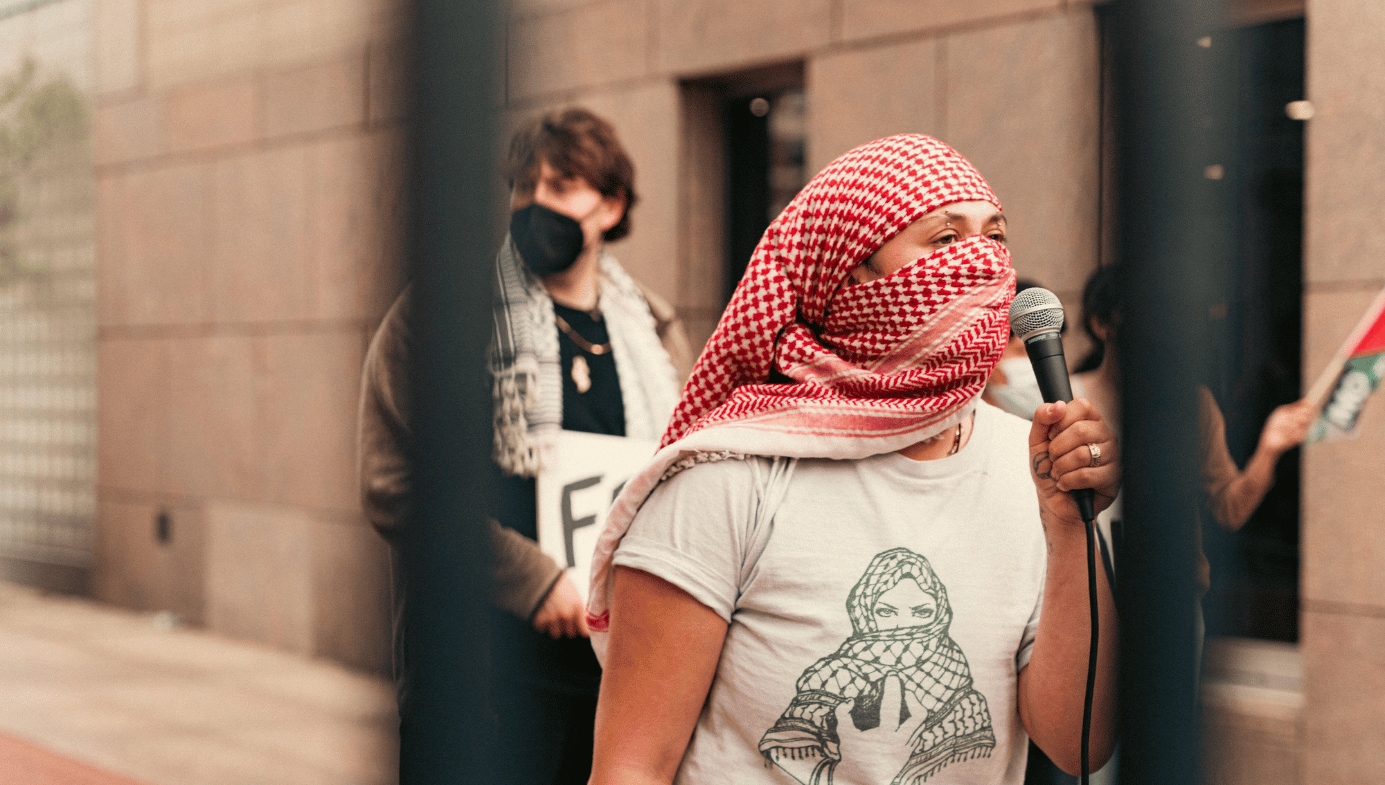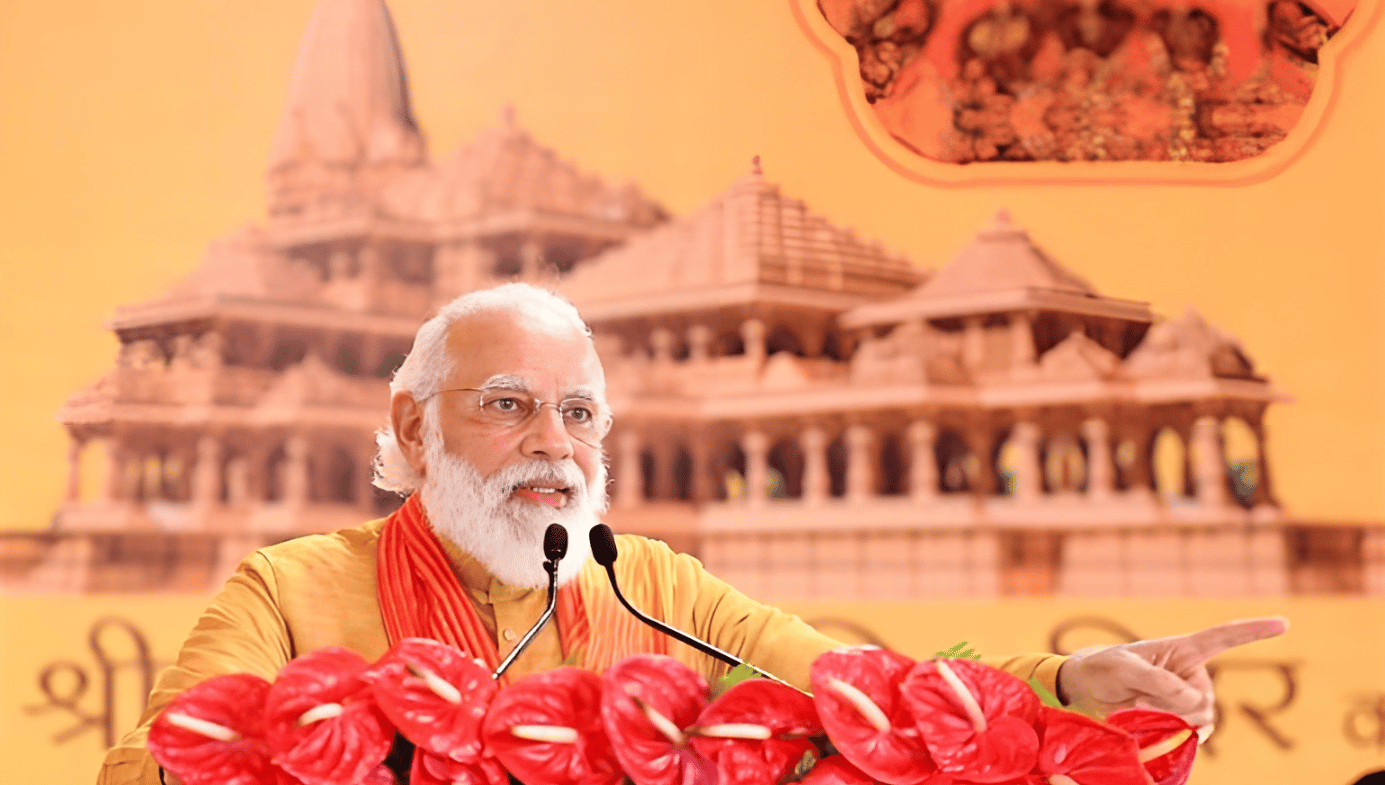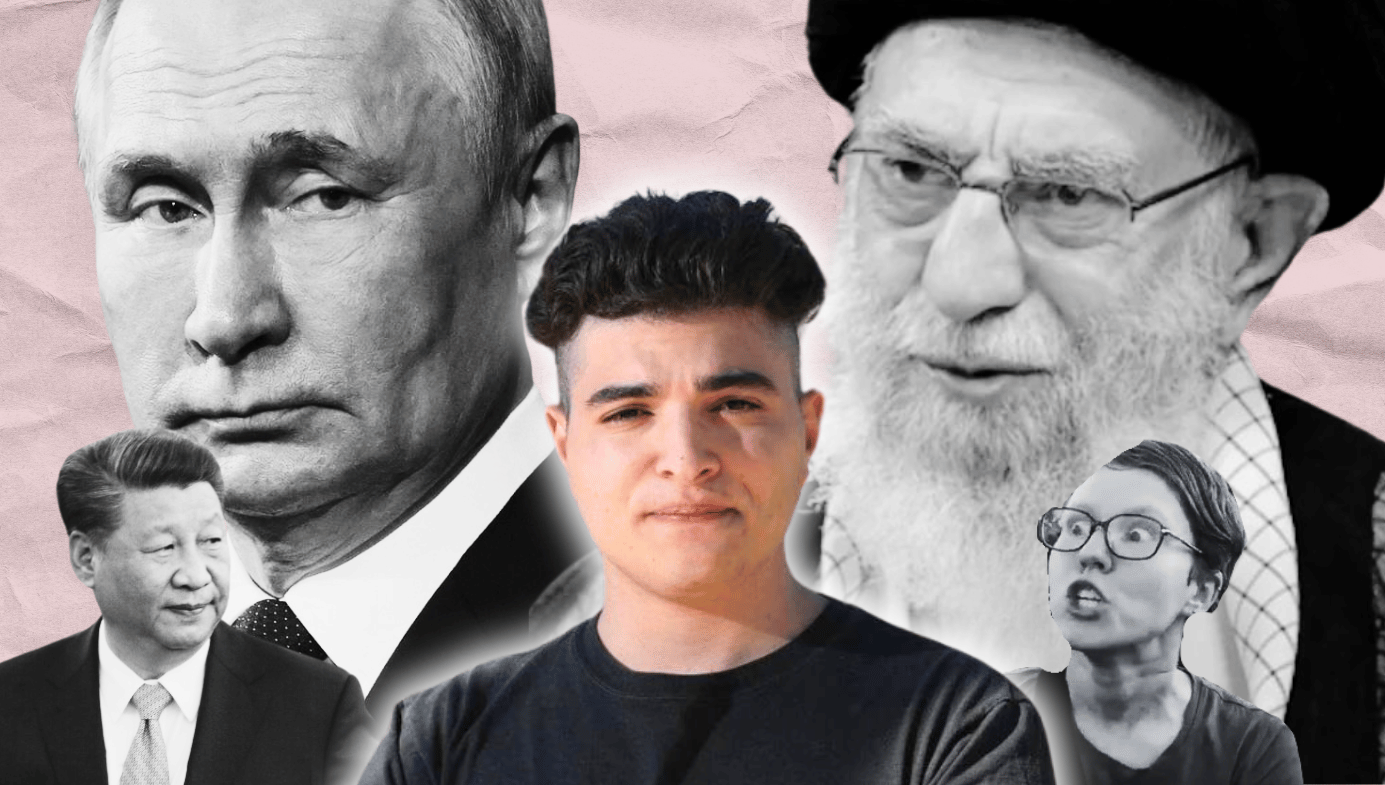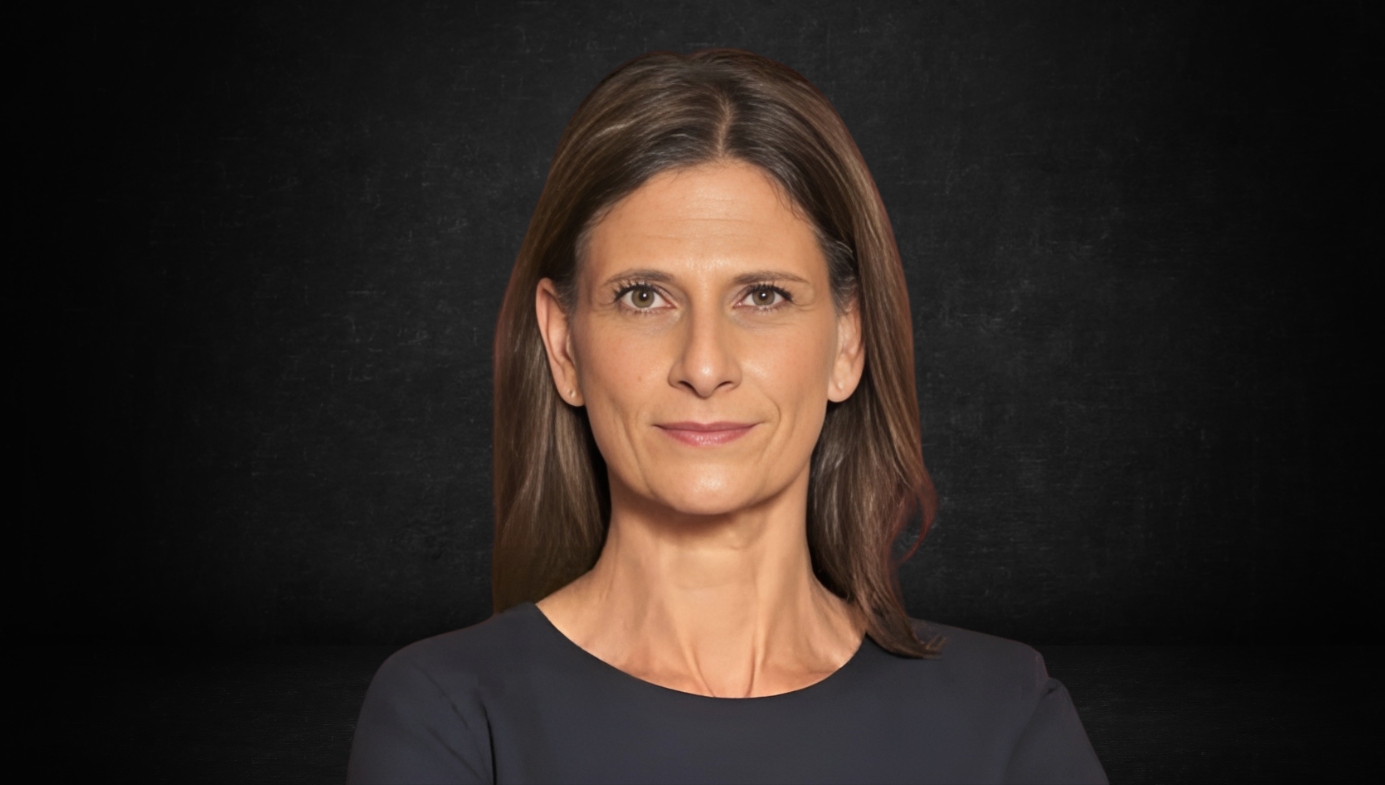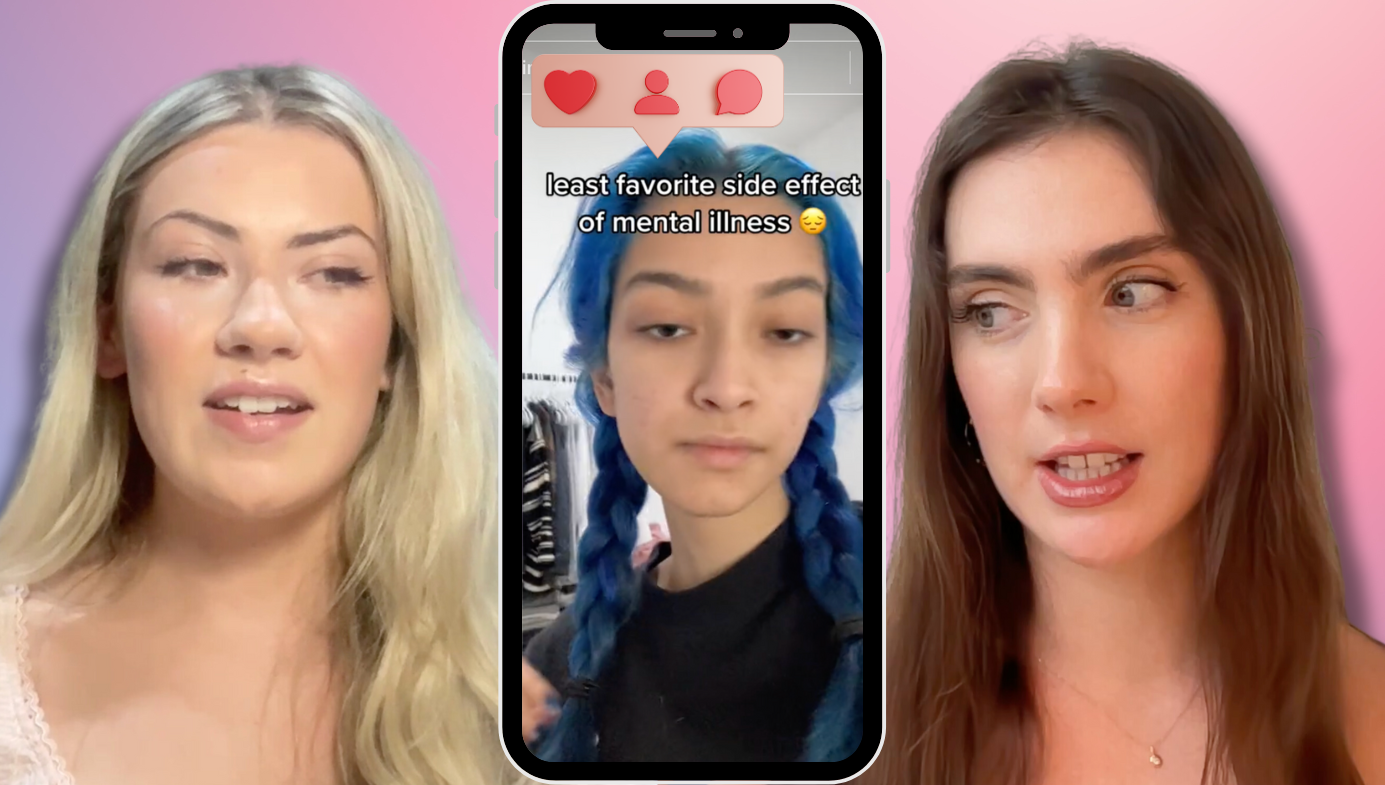DEI Was Supposed to Help People Like Me. It Didn’t
My bosses wanted my Caribbean face at diversity training sessions. What they didn’t want were my actual viewpoints.

In February, the Calgary-based Aristotle Foundation for Public Policy published a study on the effectiveness of Diversity, Equity, and Inclusion (DEI), authored by David Millard Haskell, a professor of sociology at Wilfrid Laurier University in Ontario. Haskell reviewed decades of research into the topic, including seven studies published in well-known journals, and meta-analyses covering hundreds of others. His conclusion is that DEI training is generally both divisive and counter-productive—which is to say that it exacerbates divisions rather than healing them. In particular, he reports, DEI training tends to “increase prejudice and activate bigotry among participants by bringing existing stereotypes to the top of their minds or by implanting new biases they had not previously held.”

In the UK, meanwhile, the Minister for Women and Equalities, Kemi Badenoch, recently received the results of a government-mandated study into the impact of DEI training in British workplaces. Many of the conclusions are consistent with those reported by Haskell.
Badenoch had asked researchers to “make the most compelling arguments in favour of good [DEI] practice, and against bad, with the best evidence and data available.” Interviewees from over 50 organizations were asked what diversity and inclusion meant to their organisations, what they were trying to achieve with their DEI strategies. (Note: DEI is often referred to by other acronyms, such as EDI, EDIC, and D&I. For simplicity, I have elected to use “DEI” in all cases.)
“There is widespread consensus that a diverse, inclusive workforce can reap meaningful rewards for businesses and employees,” the panel found. Increasingly, however, “issues of freedom of speech and expression affect [DEI] debates in the workplace, exacerbated by recent high-profile court cases...A number of participants suggested that employers, in an attempt to go ‘above and beyond the law’ in their [DEI] efforts (albeit with good intentions) were inadvertently breaking the law.”
Since the Inclusion at Work report launched last week, I’ve been inundated with examples of bad diversity training.
— Kemi Badenoch (@KemiBadenoch) March 28, 2024
This @FT toolkit is a classic example of a confused policy, which on the face of it proposes things that go against Equality law.
What is going on? 🧵 1/7 https://t.co/QruWvHWfbR
Equally damning was evidence presented by the UK Free Speech Union (FSU), whose researchers recently found that diversity training was leading employees to hide their beliefs for fear of losing their jobs.
In a report published last month, titled The EDI Tax: How Equity, Diversity and Inclusion is Hobbling British Businesses, the FSU found that 36% of surveyed individuals had witnessed staff being penalised in some way because they’d resisted or questioned diversity training, with 12% reporting that they knew of colleagues who’d been fired for doing so. Moreover, of the 800 surveyed workers,
sixty-two per cent said they have had to conceal what they really think about the training they’ve received, including 22% (rising to 31% among Black and Asian respondents) who have been compelled to say things that they don’t really believe, e.g. said they believe it has been beneficial when in fact they think it was a waste of time.
Overall, the report’s author, FSU Director Thomas Harris, makes the case that:
many UK employees are thinking twice before contributing to workplace conversations. Genuine diversity of thought is required for any business to thrive, but much EDIC [Equity, Diversity, Inclusion and Climate] training is having the opposite effect and embedding a new form of groupthink.
Being a young UK-based woman of colour from the Dominican Republic, this rings true to me. I’ve been invited to DEI meetings and trainings that were supposed to be about assisting and empowering people like me. Yet none have been positive experiences. My role at these forums, I learned, was to look a certain way, not to candidly express my actual viewpoints.
For about a decade, I’ve been providing support services to women in need—mostly those who’ve experienced assault, abuse, and trauma at the hands of men. The pay is ghastly (at least for women at my level), but I consider this kind of front-line work to be a calling rather than a job. On the rare occasions when workplace conflict has arisen, I’ve done my best to avoid it, so that I can focus on the women I’m assisting. Unfortunately, this conflict-averse attitude hasn’t always been reciprocated.
My worst experience was at a service that employed me to work with women recovering from cocaine and heroin addiction, including prisoners set to be released into the community. When I received the invitation to join the organization’s DEI group, I had a bad feeling about what was to come, but decided to attend anyway.
The proceedings began with a group of women—remember that these are women who work at a women’s service that helps women in need, speaking to other women—informing us that we had to define what a “woman” is. The definition they got to was “anyone who identified with femininity,” and things went downhill from there.
It became apparent that, rather than engage in an effort to promote inclusivity and a welcoming environment, the meeting’s true purpose was to announce—and enforce—a certain ideologically prescribed dogma, and to browbeat dissenting voices into either agreement or silence.
The organisation’s leaders wanted to force employees to elicit pronoun declarations from its service-users, and to publish a “trans-inclusive” statement of the fashionable sort that other progressive organizations were putting on social media. This would inform the world that, notwithstanding our mandate as a women’s service, we were open to anyone who merely identified as such.
As much as I would have preferred to stay out of these issues, they were germane to my work, as I’d been hired to host a women-only peer-support group. The women I supported, being more familiar with the real-life challenge of daily survival than the esoteric gender theories of Judith Butler, told me unequivocally that they wanted a female-only space. There were aspects of their experiences, principally involving violence and sexual exploitation at the hands of men, that (not surprisingly) they felt far more comfortable discussing with (actual) women, not men who “identified” as women.
When I challenged these new proposals at work, I was informed that the issue was very much non-negotiable, as the leaders were clearly enthused about their organization’s shiny new intersectional identity, and didn’t care much what our service-users thought about it. I was free to privately believe the heresy that human biology is a real and material presence in our lives, but I was not to traffic in such forbidden ideas at work.
I was good at my job, so they couldn’t fire me outright. For my part, I depended on the position to pay my rent and buy groceries, so I was in no position to leave on my own initiative. Plus, I didn’t want to abandon the women I was serving with my work.
The decision was taken out of my hands, however, when I became seriously unwell—with symptoms that included debilitating respiratory problems. At one point, I was so physically debilitated that I struggled to walk myself from the bedroom to the bathroom, which in my tiny flat is a journey of fewer than 10 steps. Yet the same bosses who’d preached from the psalm book of human kindness at our DEI sessions now bombarded me with paperwork and hectored me with accusations that I’d breached HR rules. At one point, I threatened to report them to the police if they didn’t leave me alone to recover.
Being a part-time freelance writer, I contrasted the treatment I was receiving from this progressive so-called feminist organization with the treatment I received from my editors—many of whom have been male, white, and politically conservative. The Tories are regularly caricatured by the left as sexist, racist, xenophobic, and utterly devoid of any human emotion except greed. And yet, conservatives have never been anything but thoughtful and kind to me, despite our political differences.
It bothers me that well-meaning progressive organisations have become toxic political clubs, whose leaders exploit their authority to badger employees into ideological obedience. In my case, it turned out that I was just a Caribbean face—one that the organisation tokenised, humiliated, and finally discarded when I was at my most physically vulnerable. I won’t get into the tawdry details of how I was ultimately hounded out of my job. I will simply say that I was heartbroken that I never even got to say goodbye to the women I was supporting—women who’d just lost a dedicated front-line worker who deeply cared about them.
It’s been a long time coming, but powerful actors are finally beginning to understand that experiences such as mine are hardly exceptional. The Minister for Women and Equalities herself now argues that costly diversity training has backfired. In a recent Daily Telegraph opinion piece, Badenoch wrote:
No group should ever be worse off because of companies’ diversity policies—whether that be black women, or white men. Performative gestures such as compulsory pronouns and rainbow lanyards are often a sign that organisations are struggling to demonstrate how they are being inclusive.
As a lifelong leftist, I still find it jarring to think of how all this was allowed to happen within the short time frame of my own professional life. My only solace comes from the rising tide of evidence, in Canada, the UK, and elsewhere, indicating that more and more people realize that DEI posturing and rituals do not lead to true respect for diversity and inclusion. In my case, as in many others, they lead in the opposite direction.



